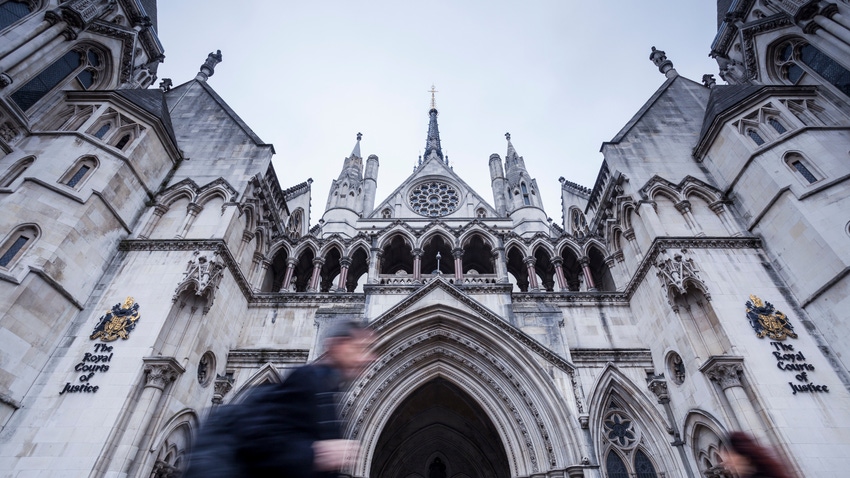In a First, UK High Court Rules AI Can Be Patented
A High Court ruled that an artificial neural network was not a computer program – opening the doors for more AI inventions to be patentable

At a Glance
- In a historic first, a High Court ruled that AI inventions using a machine learning approach can be patented.
- The decision could lead to more AI patents being granted – but not patents for inventions made by AI.
- The U.K. Intellectual Property Office today changed its rules on AI innovations, following the ruling.
The U.K. Intellectual Property Office (UKIPO) will now allow certain AI-related innovations to be patented.
The move follows a U.K. High Court ruling about an AI system that provides media file recommendations, such as music tracks similar to what a listener typically enjoys. To provide recommendations, the system used a trained artificial neural network (ANN) – a machine learning approach that works similarly to the human brain in that it can send signals to other nodes, similar to a brain's neurons.
The UKIPO denied a patent for this invention. On appeal to the High Court, the judge reversed the UKIPO's decision. The case is Emotional Perception AI v. Comptroller-General of Patents.
Justice Sir Anthony Mann ruled that the invention was eligible for patent protection on the grounds that the ANN-based system was not a computer program (which cannot be patented) and that it worked distinctively differently from the underlying code.
He described the approach as offering a significant improvement to its application, in this case, media file recommendations.
“The advantage of the proposed patent is said to be that it is able to offer suggestions of similar music in terms of human perception and emotion irrespective of the genre of music and the apparently similar tastes of other humans, and to arrive at such suggestions by passing music through a trained ANN which does the categorization in that respect,” the judge wrote.
Justice Mann’s decision emphasized the need to distinguish between distinct aspects of the technology when considering their patentability − in this case, the difference between the training process and the operation of the trained ANN.
“In my view, it is not correct to view the whole thing as some sort of overall programming activity for the purposes of the exclusion, which it might be thought the Hearing Officer did. One needs to be a bit more analytical than that.”
More AI invention patents on the way
Ben Maling, managing associate at law firm EIP, said the ruling could set a precedent for other AI inventions.
“The UKIPO is bound by High Court rulings and will therefore have to apply the reasoning of this decision to other cases, which opens the door for many more U.K. patents in the AI field,” Maling said. “However, the UKIPO may appeal the decision − I expect they will − so we may need to wait for the outcome of that to be sure.”
Luke Maunder, associate director at law firm Osborne Clarke, also “strongly suspects” the decision will be appealed. However, he noted that Justice Mann was “detailed and considered” in his opinion and “gets into the technical detail” as well. Thus, it will not be easy to overturn the outcome.
Maunder added, however, that there is a potential argument to be made over whether the ANN, or its training method, should be excluded as a mathematical method. This was not considered due to a procedural objection, so it could be brought up in a future appeal.
“However, my personal view is that the AI sector need not be hugely concerned by this given what is said in the judgment about the technical effect,” he said.
The ruling would not impact inventions generated by AI – that is another consideration entirely. The U.K., U.S. and Europe have all ruled innovations made by an AI system are not subject to patent protections.
South Africa is the only nation to have awarded patent protection to an AI-originated invention − to DABUS, an AI system that was listed as an inventor.
About the Author(s)
You May Also Like


.jpg?width=700&auto=webp&quality=80&disable=upscale)
.jpg?width=700&auto=webp&quality=80&disable=upscale)
.jpg?width=700&auto=webp&quality=80&disable=upscale)
.jpg?width=300&auto=webp&quality=80&disable=upscale)
.jpg?width=300&auto=webp&quality=80&disable=upscale)
.jpg?width=300&auto=webp&quality=80&disable=upscale)

.jpg?width=300&auto=webp&quality=80&disable=upscale)